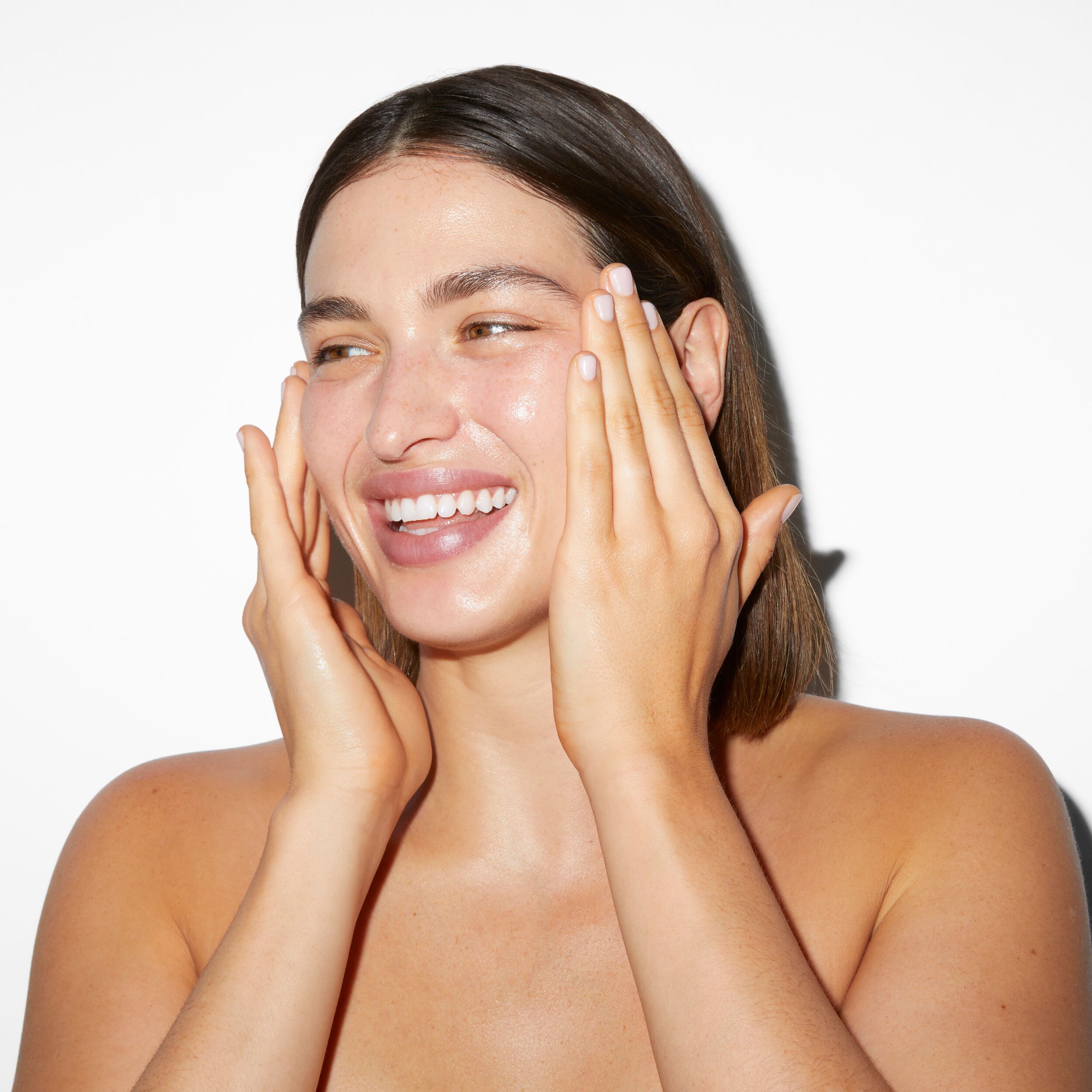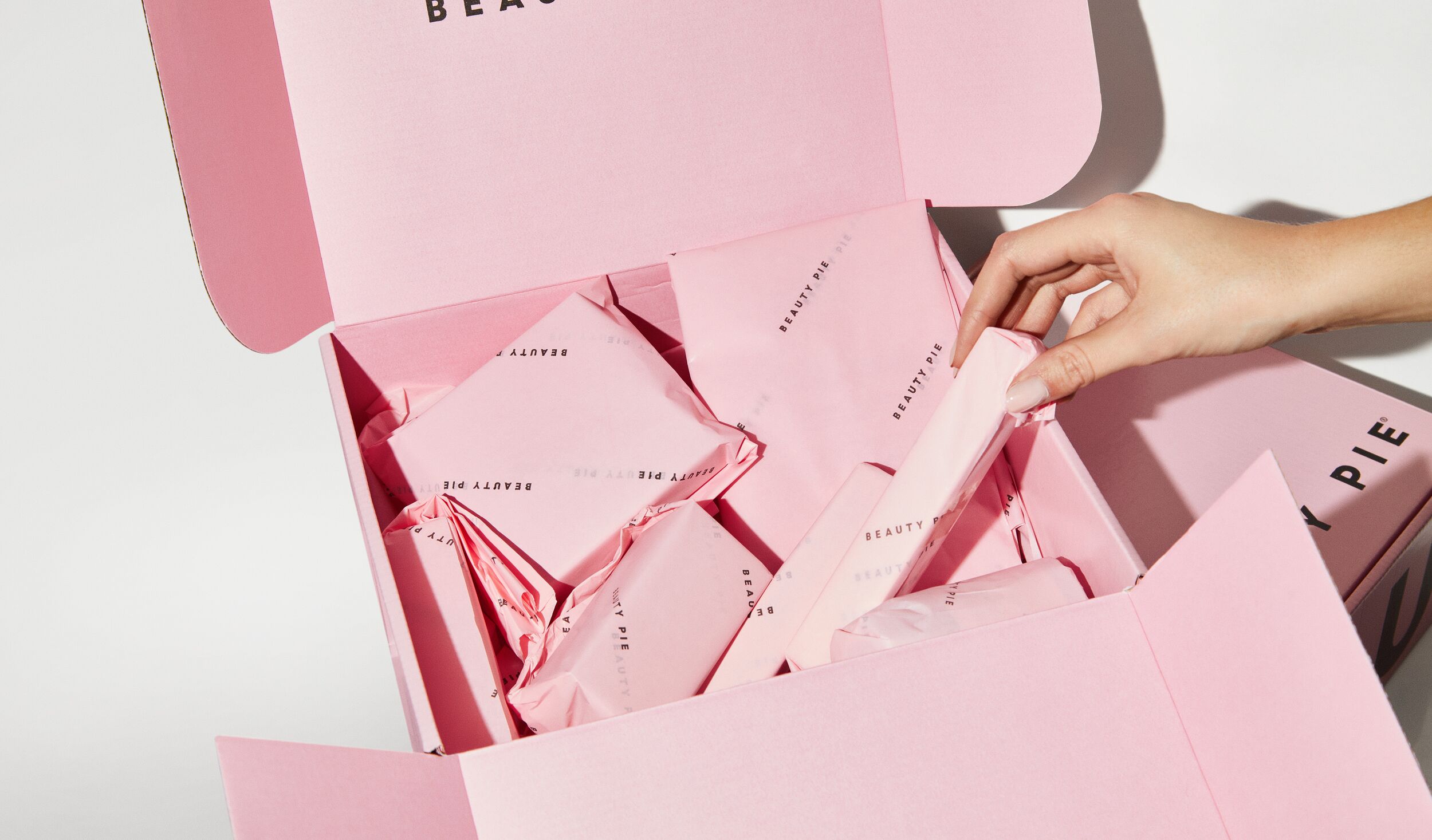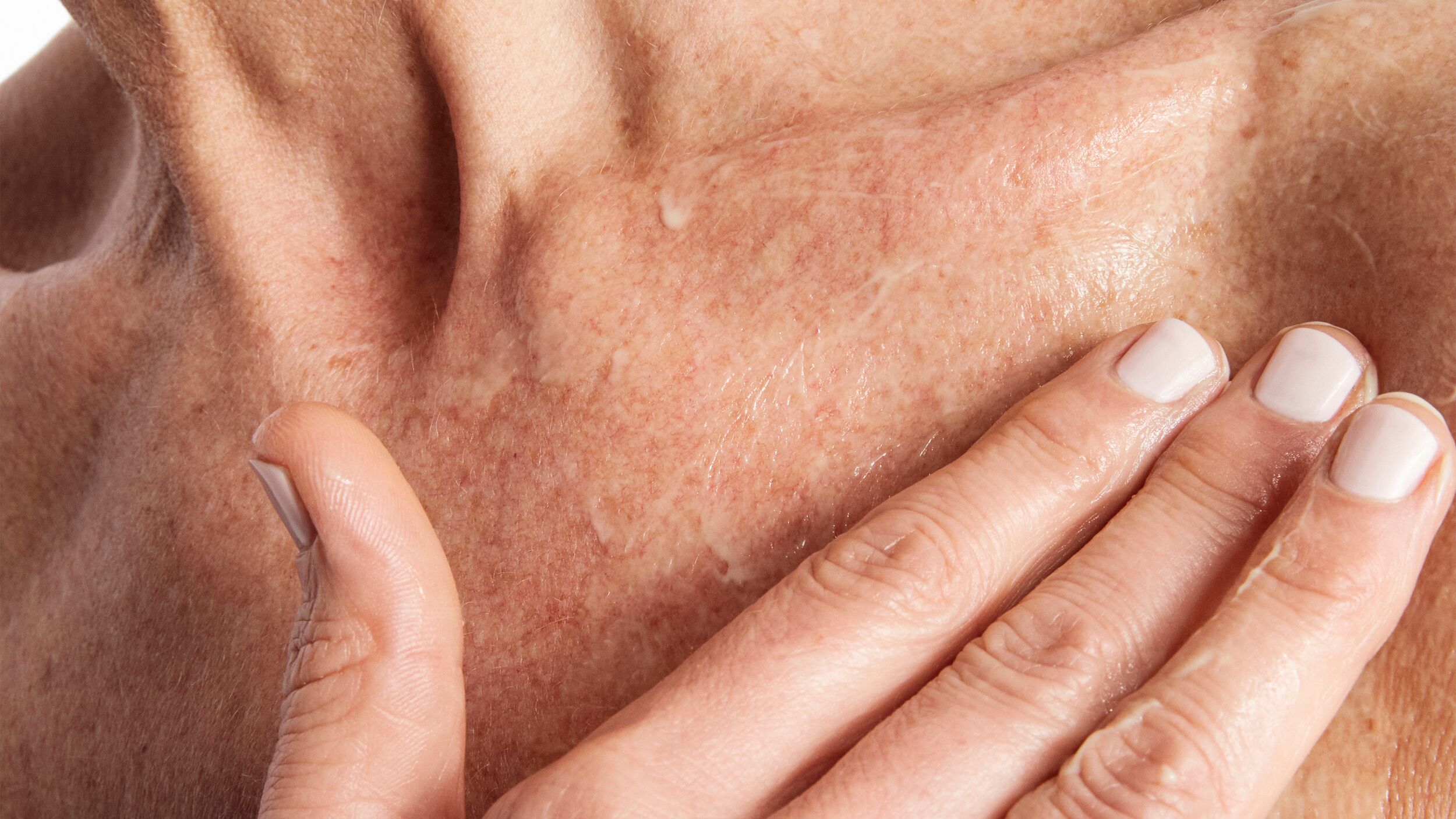Our Ultimate Guide on How to Avoid Skincare Mistakes that Could Be Damaging Your Skin
Written by Lottie Winter
16 Jul 2024
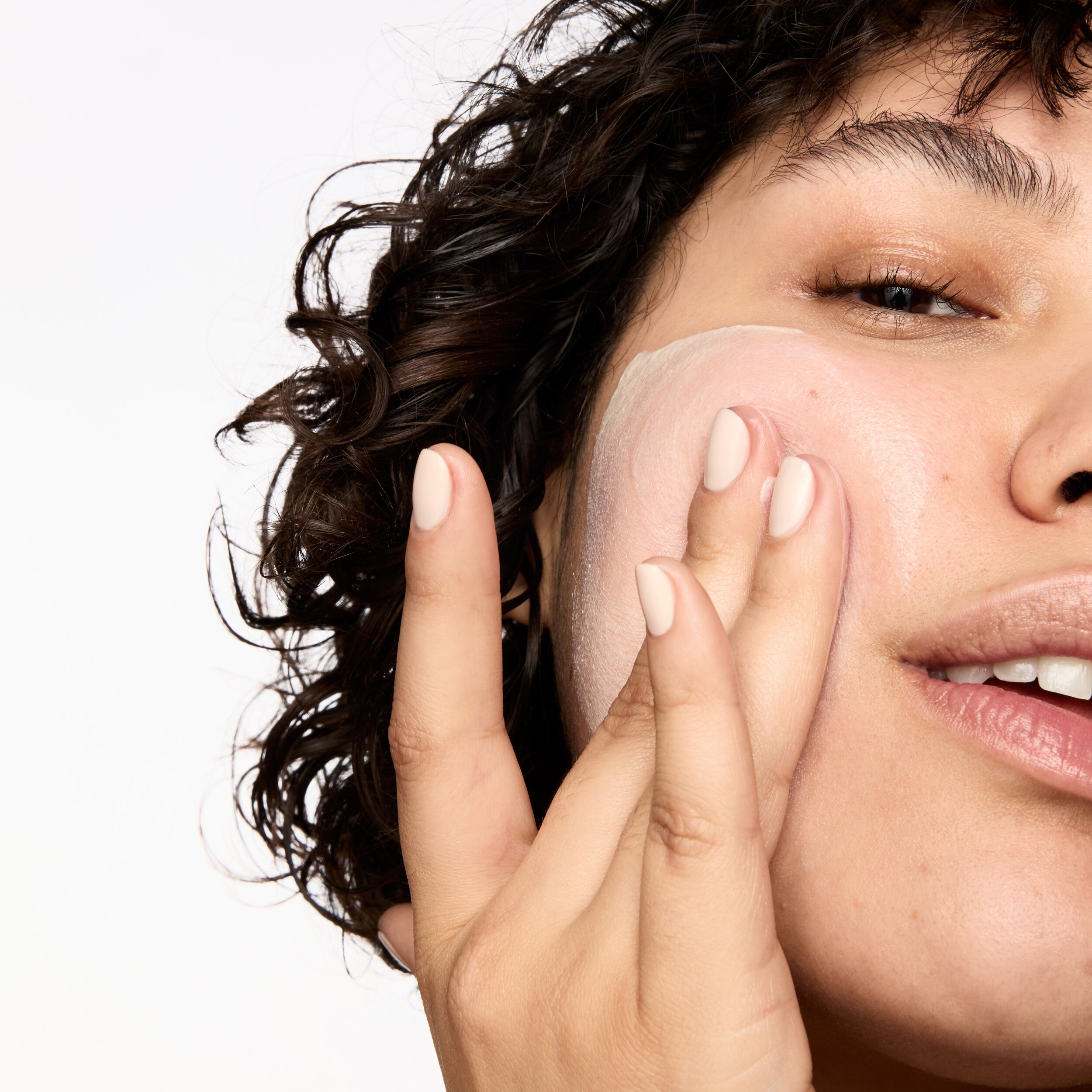
We recently conducted a nationwide skincare survey that found that many of us could be hindering our path to healthy, radiant skin (and wasting a lot of money) by making common - and easily avoidable - skincare mistakes.
The study polled a representative sample of 3,002 people in the UK, with 77% (2,300) claiming they were regular skincare users (and use products every day). It found that just 26% of regular skincare users apply SPF to their face every day, one in five (19%) admit they often don’t remove their makeup before bed, 37% have used products after they’ve expired and 59% aren’t clear which skincare products can and can’t be used together. It also found that skincare enthusiasts are using 77% more products than the recommended amount on average, meaning they’re spending almost twice as much as they need to.
Mistakes often occur because people can find it hard to navigate the huge number of skincare options and advice. So, we’ve created the ultimate guide to decode and demystify the wealth of tips out there about all things skincare. From the optimum number of different skincare products and ingredients to use, to the ingredients that can and can’t be used together (spoiler alert – Retinol and Vitamin C should be used at different times of the day).
To get a customised, expert skincare routine, take our skincare quiz to find the products that will be best-suited to your skin. And, read on to learn more about how to optimise your routine and how to choose the best ingredient combinations for your skin, from acids to exfoliating cleaners and moisturisers. The guide also gives great advice on how to avoid common skincare pitfalls and maximise results and cost-savings.
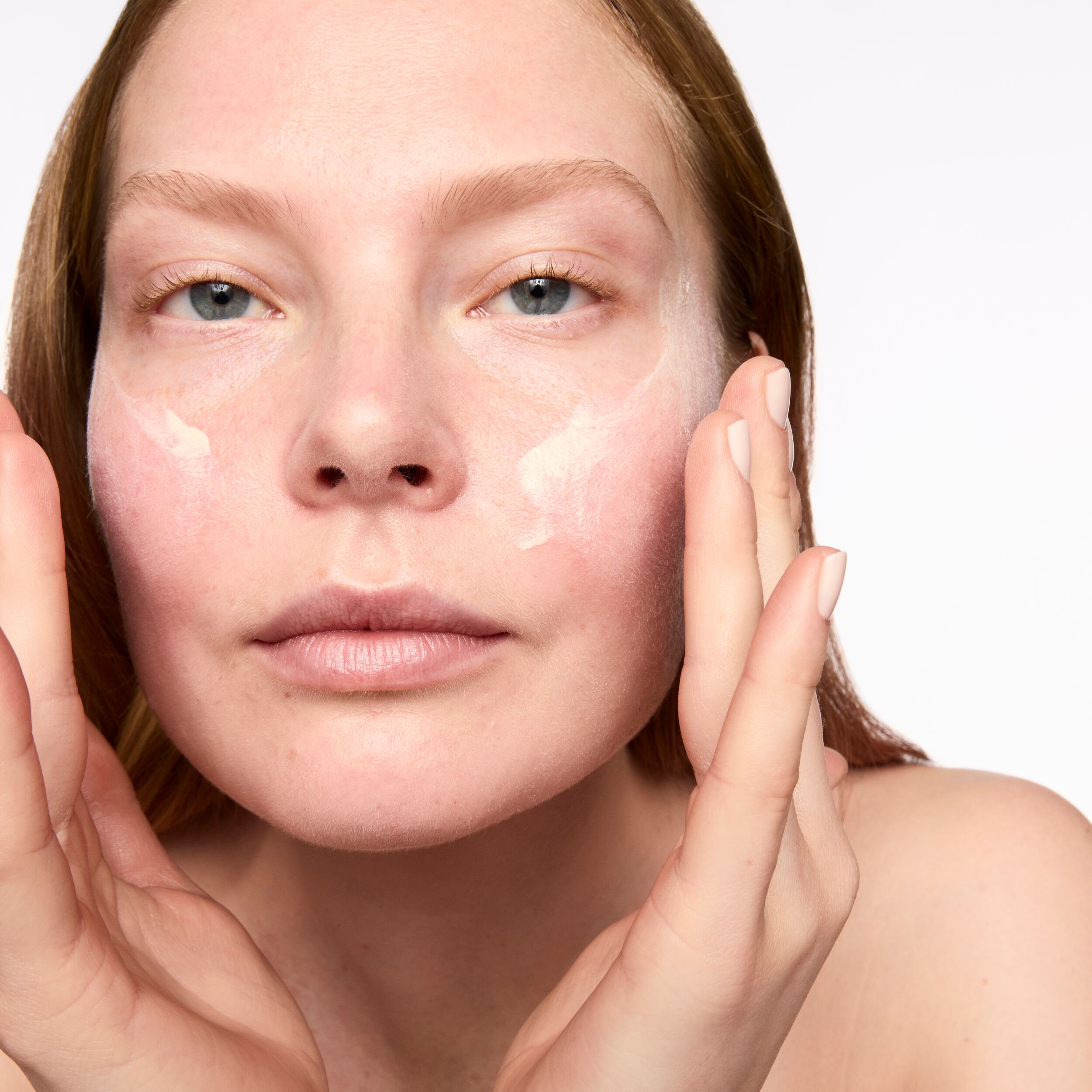
How Much Skincare Should You Use In One Application?
It’s surprising to know how little you need to apply to get the best results. Our research shows almost two in three people (62%) are using more than the recommended amount. On average, skincare fans in our study spent £127.48 on skincare products a year, so individually, they could each save around £55 a year if they stopped overusing products. Collectively, however, it means that as a nation, we’re spending almost £3 billion (£2,877,769,556) more than we need to on skincare each year.
So – how much product should you use?
Most products will give recommendations about how much to use on the packaging - but as a general rule of thumb, here are some guidelines for how much you should use in one application for different skincare ingredients and products:
Retinol – a pea sized amount
Vitamin C – 3 to 4 drops of a bottle with a pipette
Cleansers – about the size of hazelnut
Moisturisers – the size of a 5 pence piece
Eye cream – a grain of rice
Niacinamide – about 4-6 drops of serum
What’s The Right Order To Apply Skincare Products and Ingredients?
According to our research, only 18% of regular skincare users know the correct order to layer skincare. So, if you often find yourself getting confused, you’re not alone.
Check out our in-depth guide on how to layer skincare, and for a quick overview, this is the best order to aim for:
Cleanser
Exfoliator
Serum
Eye cream
Moisturiser
SPF
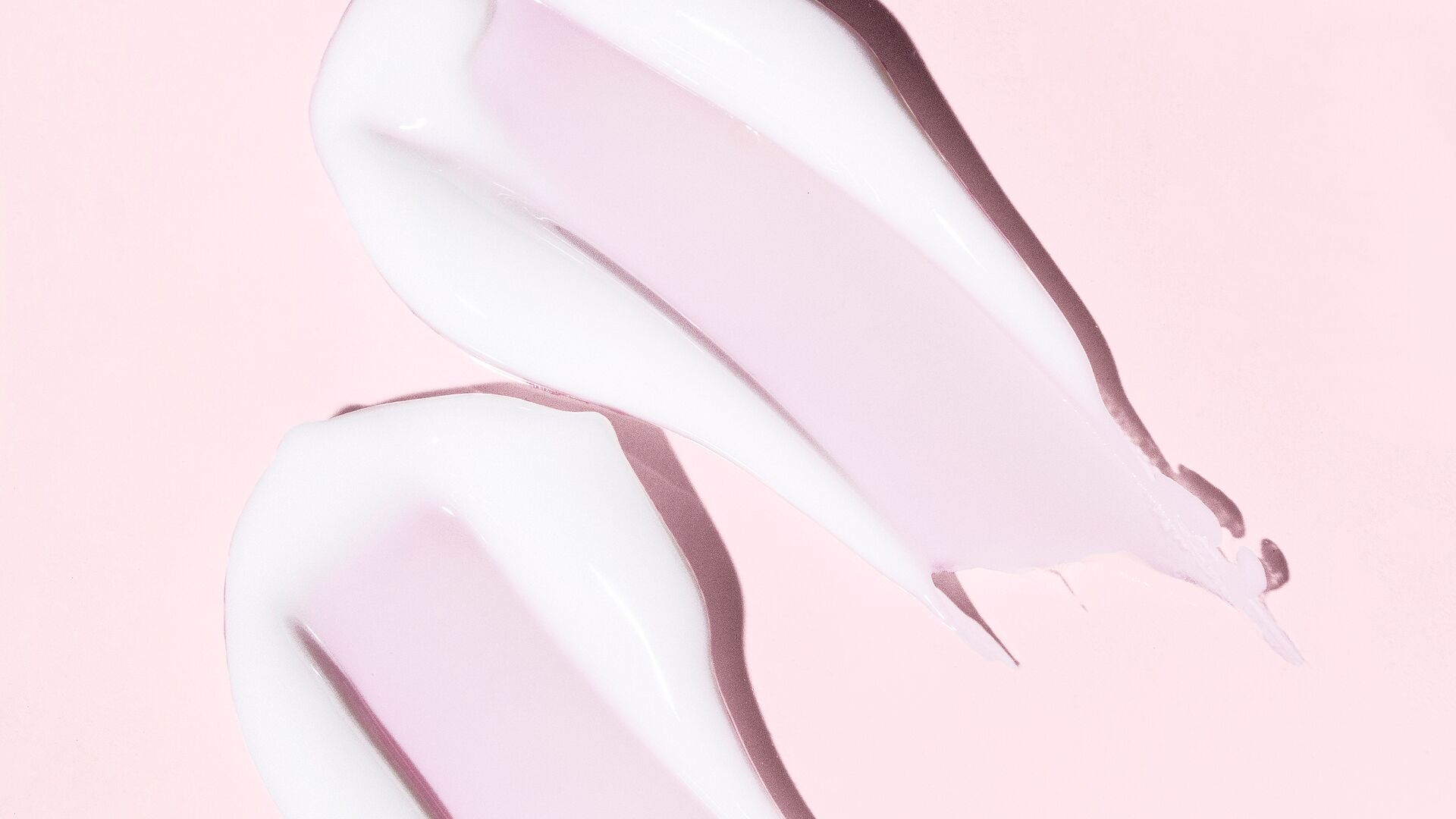
Which Skincare Ingredients Shouldn't Be Used Together?
Well over half of skincare users (59%) say they’re confused about ingredient clashes and it’s easy to understand why – there's a lot of conflicting information out there. So we’ve distilled the key advice from our in-house experts as well as renowned dermatologists in our in-depth guide on skincare combinations to give you a quick overview of the biggest ingredient clashes and which ingredients work really well together.
Skincare clashes
Do not mix Azelaic Acid with Alpha Hydroxy Acids (AHAs) or Beta Hydroxy Acids (BHAs) as this can increase skin sensitivity and redness
Vitamin C might reduce the efficacy of Benzoyl Peroxide
Glycolic Acid and Retinol should be applied at different times of the day
Great skincare combinations
Azelaic Acid works really well with Niacinamide to visibly minimise enlarged pores, smooth rough skin texture and promote healthy, glowing skin.
Vitamin C’s anti-ageing benefits are boosted when partnered with Azelaic Acid, Bakuchiol or Hyaluronic Acid
Vitamin C also works well with Niacinamide and may speed up the results for evening skin tone and fading marks
Salicylic Acid (a BHA) works well with Retinol if you have blemishes, pigmentation and fine lines. But, proceed with caution – start by using on alternate days, then progress to using one in the morning and one in the evening, and then progress to layering them one after the other
Salicylic Acid can also be used with Hyaluronic Acid to boost skin’s hydration
Salicylic Acid and Niacinamide are a match made in heaven - Salicylic Acid removes old skin cells and wards off blemishes, while Niacinamide will balance oil production and calm the skin.
Ingredients you also need to apply SPF with
Certain skincare ingredients can make your skin more sensitive to the sun, so it’s crucial you apply SPF after applying these ingredients (but of course, we recommend applying broad-spectrum, high-factor protection every day, no matter what):
Azelaic Acid
Glycolic Acid
Retinol
Four Of The Biggest Skincare Mistakes to Avoid
1. Thinking more expensive = better quality
We’re on a mission to strip out ridiculous retailer markups, so you can get world-class skincare, makeup and fragrances without paying traditional high-end beauty prices. So, we were shocked to see one in three (32%) regular skincare users still think that the more expensive a skincare product is, the better quality it will be.
2. Being blindly influenced
Our research also reveals that one in four skincare users have bought a skincare product just because an influencer has recommended it, without knowing if it’s suitable for their own skin.
This is a surefire way to get a skincare product that, at best, won’t deliver the same results, and, at worst, could actually make your skin worse.
3. Not washing makeup off before you go to bed
One in five people who regularly use skincare admit they often don’t wash their makeup off before they go to bed. It doesn’t matter what type of wonderful skincare products you’re using – if you’re leaving your makeup on overnight, this can be so bad for your skin - your pores could become clogged and you could suffer from breakouts.
4. Not washing your hands before applying skincare
The fourth skincare mistake is all about cleanliness. One in three people who use skincare products regularly (32%) say they sometimes don’t wash their hands before starting their skincare routine – this could introduce bacteria to your face if you’re using your hands to apply products, which could lead to skin inflation and breakouts.
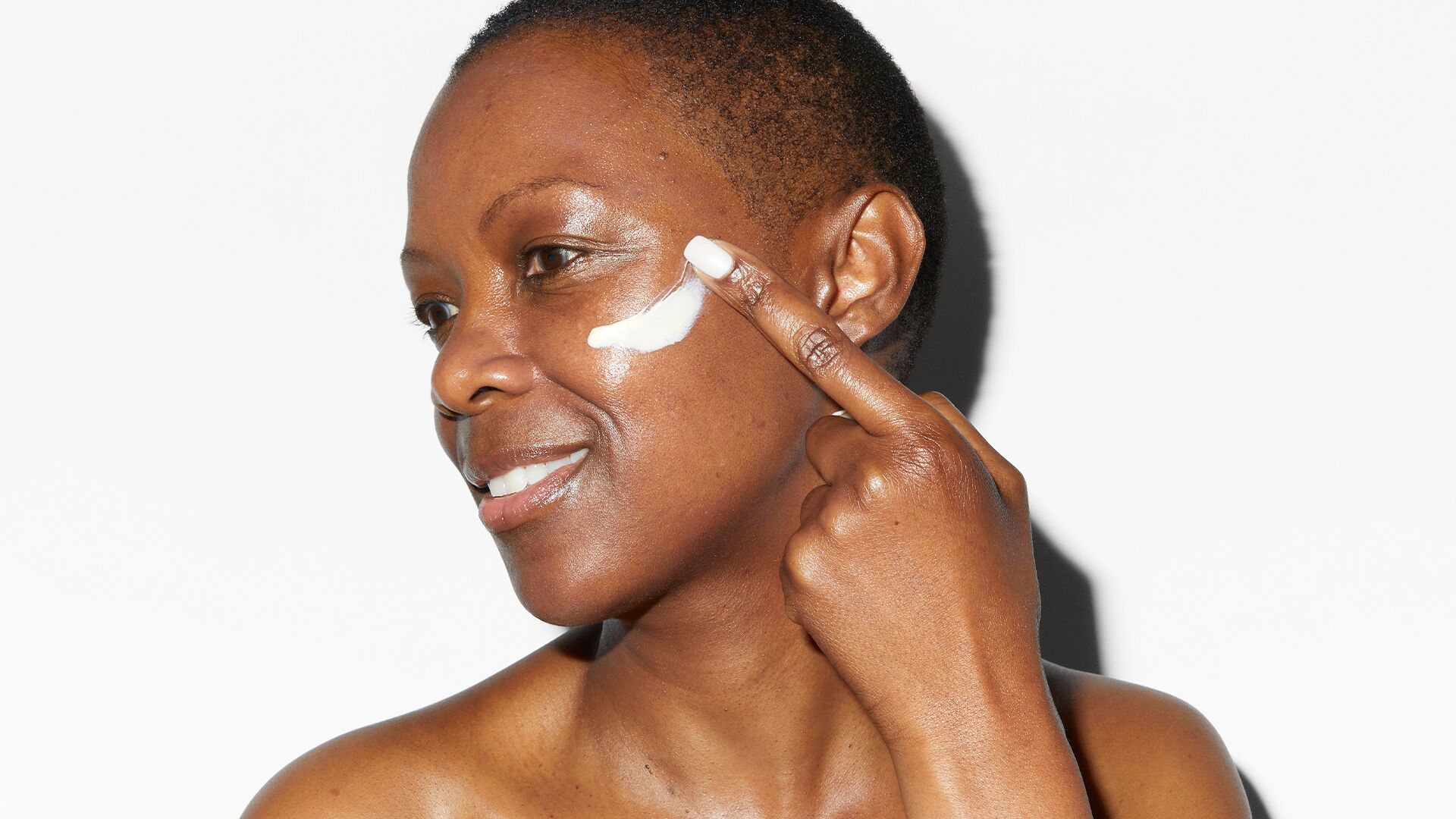
Why SPF Is Your Skincare Superhero
Alongside skincare staples like Vitamin C and Retinol, SPF is one of the most formidable skincare products and one of the best ways to protect against sun damage which can lead to premature ageing.
Contrary to how many people actually use SPF, it’s so important to use it every day, and not just in summer. Even in winter, and even when it’s cloudy, our skin can still be damaged by harmful UVA and UVB rays, so before you reach for products to fix skin issues, get your SPF on, to prevent them in the first place.
Prevention is always better than a cure and here are our three big SPF tips:
1. Use SPF all year round, not just in summer
Our research shows only 26% of regular skincare users apply SPF on their face every day
2. Use the correct amount
Less than half of UK skincare users (48%) are using enough product to fully protect them – the recommended amount is ½ a teaspoon for your face
3. Don’t use SPF after it’s expired
One in three (33%) skincare users admit to using SPF after it’s expired
Why It’s Important To Use Skincare Before It Expires
Sadly, skincare products don’t last forever and the vast majority, if not all, will have an expiration date on them. Once a product has expired, it could be less effective and could cause adverse skin reactions.
Surprisingly, half of all skincare users say they have no idea when any of their products are due to expire and more than one in three (37%) admit to continuing to use a product when it has passed its expiration date.
The best way to find a product’s expiration date is to look for a symbol on the label that looks like an open tub with “6m” or “12m” printed on it, dictating the number of months until the product expires after opening.
If you still have questions about your skincare, we’d love to help, so get in touch on our socials.
